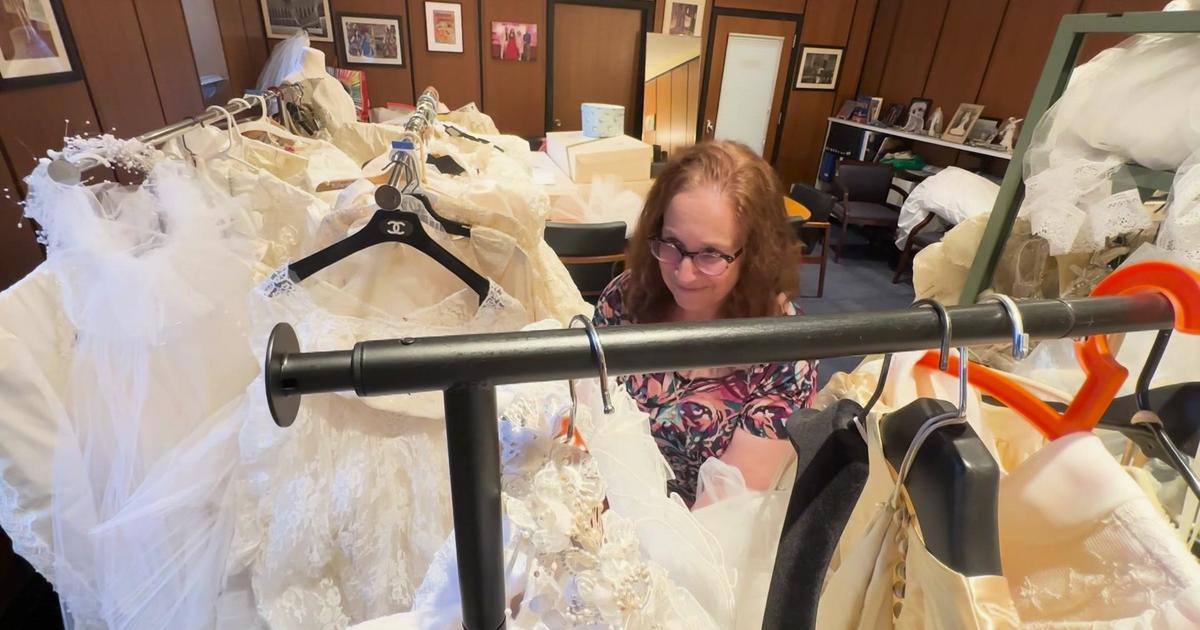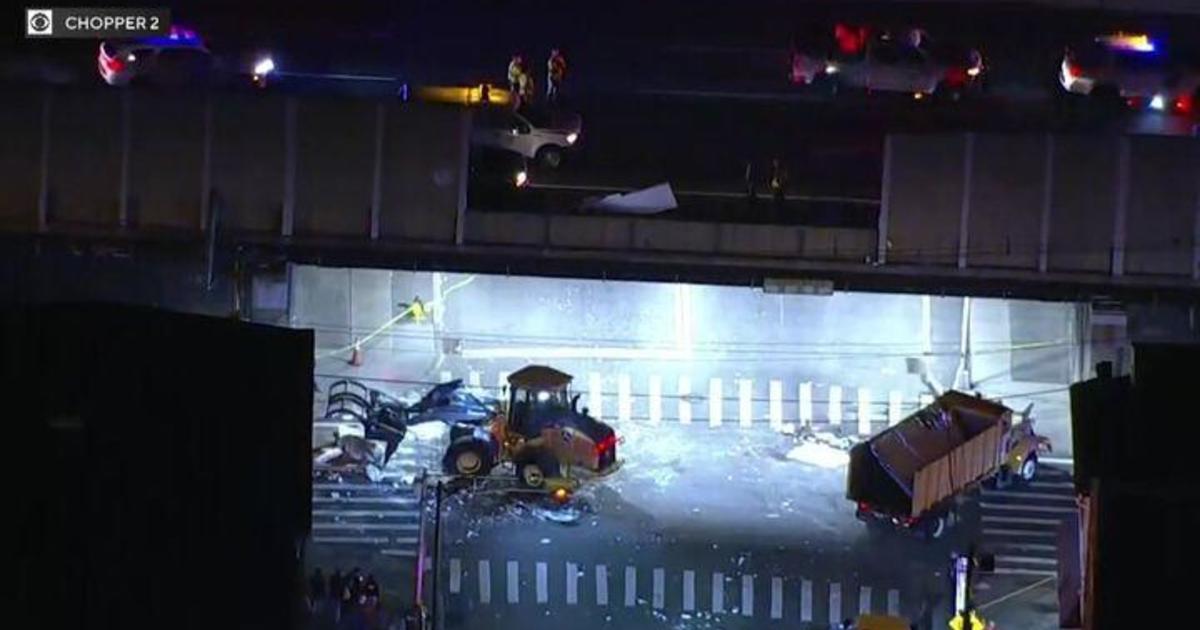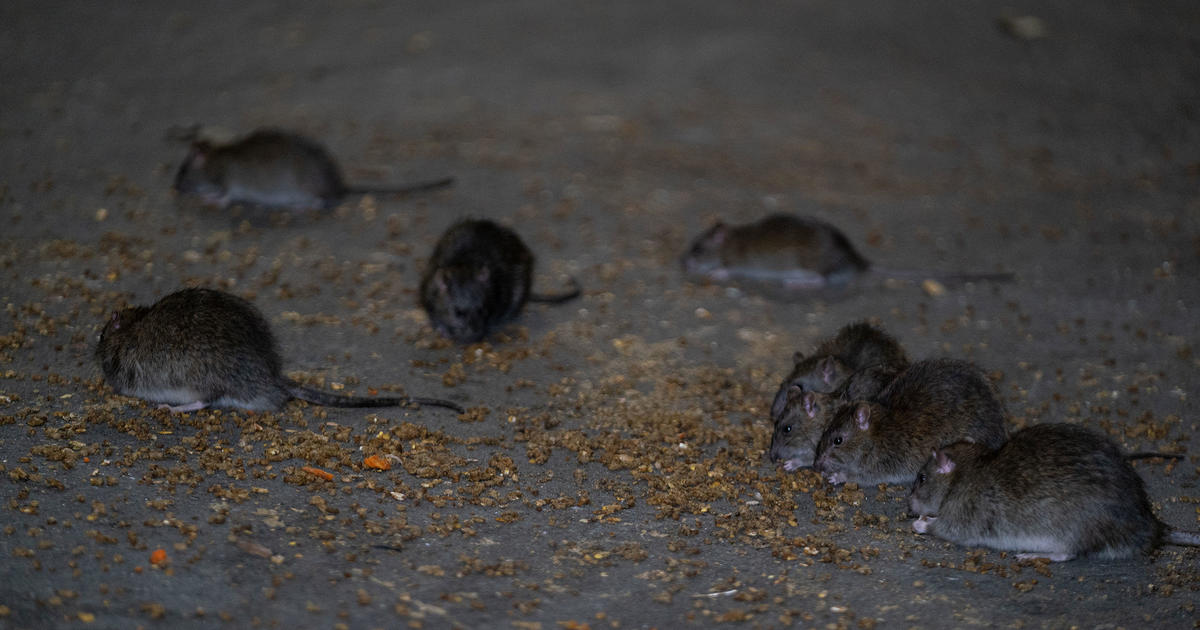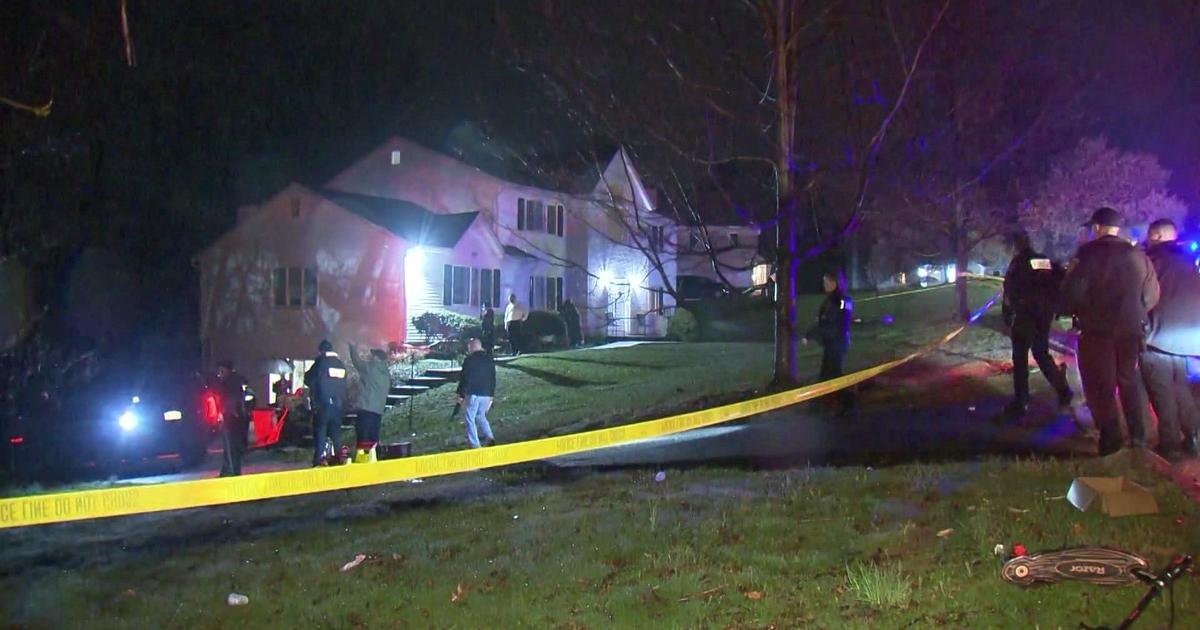COVID In N.Y. & N.J.: Vaccination Remains Priority, But Officials Warning Of Some High Infection Rates Due To Variants
NEW YORK (CBSNewYork) -- While the focus has turned to the city's vaccination efforts, COVID-19 remains a real threat.
In some communities the infection rate tops 14%. Add to that more contagious variants and health officials are concerned, CBS2's Aundrea Cline-Thomas reported Monday.
READ MORE: COVID Vaccine: New Yorkers 50+ Become Eligible For Shot As Of Tuesday Morning
Richmond Hill residents now trickle into the Queens library that has been transformed into a COVID testing site.
It's a far cry from the lines that were seen at the location in January.
"The line went down really bad. Before, it was halfway down the block. Now, you just walk in," resident Joel Evelyn said.
COVID VACCINE
- New York State book online here or call 1-833-NYS-4-VAX
- New York City book online here or call 877-VAX-4NYC
- Track NYC vaccinations by zip code
- Nassau County more info here
- Suffolk County more info here
- Westchester County more info here
- New Jersey book online here or call 1-855-568-0545
- Connecticut book online here
The number of people getting tested across the city has plummeted. Meanwhile, one out of every nine people in Richmond Hill have been diagnosed with COVID.
"These are the communities where workers, the people don't have a choice but to go to work," Queens Borough President Donovan Richards said. "The communities that were hardest hit are the ones that still don't have permanent sites for the vaccine to be administered."
READ MORE: Former Head Of FDA Raises Concerns About New York COVID Variant And Possible Re-Infection
The infection rate tops 13% and has hardly budged, mirroring other neighborhoods in Queens, Brooklyn and Staten Island.
"We are concerned. One of the reasons we see this very high plateau or very slow decline here in New York is due to these variants," said Dr. Jay Varma, the city's senior advisor for public health.
CORONAVIRUS PANDEMIC
- Ask CBS2's Dr. Max Your Vaccine Questions
- COVID Vaccine FAQ From CDC
- Vaccination Sites In New York City | Call 877-VAX-4NYC
- Track NYC Vaccinations By Zip Code
- Find A New York City Testing Site Near You
- Check NYC Testing Wait Times
- Resources: Help With Unemployment, Hunger, Mental Health & More
- Remote Learning Tools For Students And Parents At Home
- Complete Coronavirus Coverage
Local residents have tested positive for variants that were first discovered overseas, but it's the variant that originated in New York City that doctors say is more contagious, and it's still unclear if it can cause reinfection.
READ MORE: New York State's First Case Of Brazilian COVID Variant Detected In NYC, Officials Say
Still, the state continues easing restrictions, a move Mayor Bill de Blasio said may need to be reassessed.
"If we see particularly the number of people in hospitals going up and or the number of folks we're losing going up, those are different realities and then we would put different options back on the table," de Blasio said.
So far, that hasn't been the case. But the threat remains and renews the urgency to get everyone vaccinated.
The mayor said due to the variants he does not want to see an expansion to indoor dining, and also raised concerns with group fitness classes restarting. He said his team will be monitoring the data.
NEW JERSEY ON HIGH ALERT FOR VARIANTS
Local doctors say spring breakers will no doubt contribute to the next wave of the virus.
WATCH: Jessica Layton's 11 p.m. report
"It's gonna be in the next 30 days because of the two holidays, because of spring breakers coming home," said Dr. Alexander Salerno of Salerno Medical Associates. "We were robbed last year, but we could be robbed of a lot more than a holiday right now if we start seeing a spike of this new strain."
Salerno, who practices out of East Orange, said the area saw the same kind of spike happen during Thanksgiving and Christmas. Now, we have the vaccine, but we're also competing with the concerning, new variants, CBS2's Jessica Layton reported.
"There are a total of 400 reports of CDC variants of concern in our state," New Jersey Health Commissioner Dr. Judy Persichilli said.
That includes more than 300 cases of the variant first detected in the United Kingdom, and 65 infections of the variant first found in New York City. Multiple mutations of the virus have led to spikes in 12 states, with New Jersey at the head of the pack.
Some experts also blame pandemic fatigue.
"We are back to leading the nation in the spread of this virus," Gov. Phil Murphy said. "The presence of vaccines does not mean the pandemic is over."
New Jersey has not followed the lead of neighbors New York and Connecticut in lowering the vaccine eligibility age. The Garden State continues to offer it to residents 65 and over, as well as teachers and those with underlying health conditions.
Salerno said the state should not only lower the age to 50, but also increase distribution of the doses to doctors, especially in communities of color. Of course, supply continues to be the main problem in the state.
"First, we didn't have the protective gear. Then, we didn't have the swabs to test, and now in the final stage of this we don't have the vaccine," Salerno said.
CBS2's Jessica Layton contributed to this report



